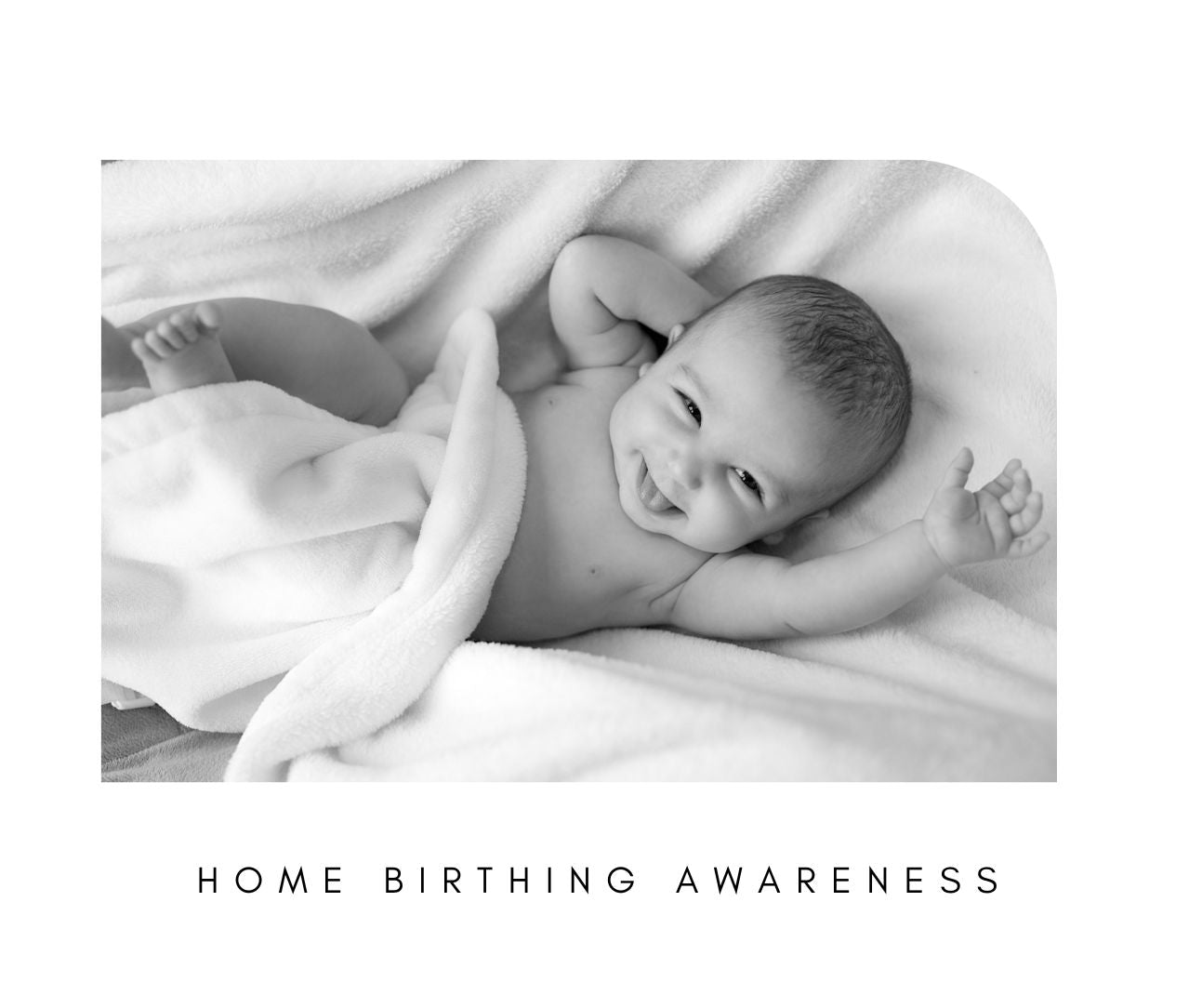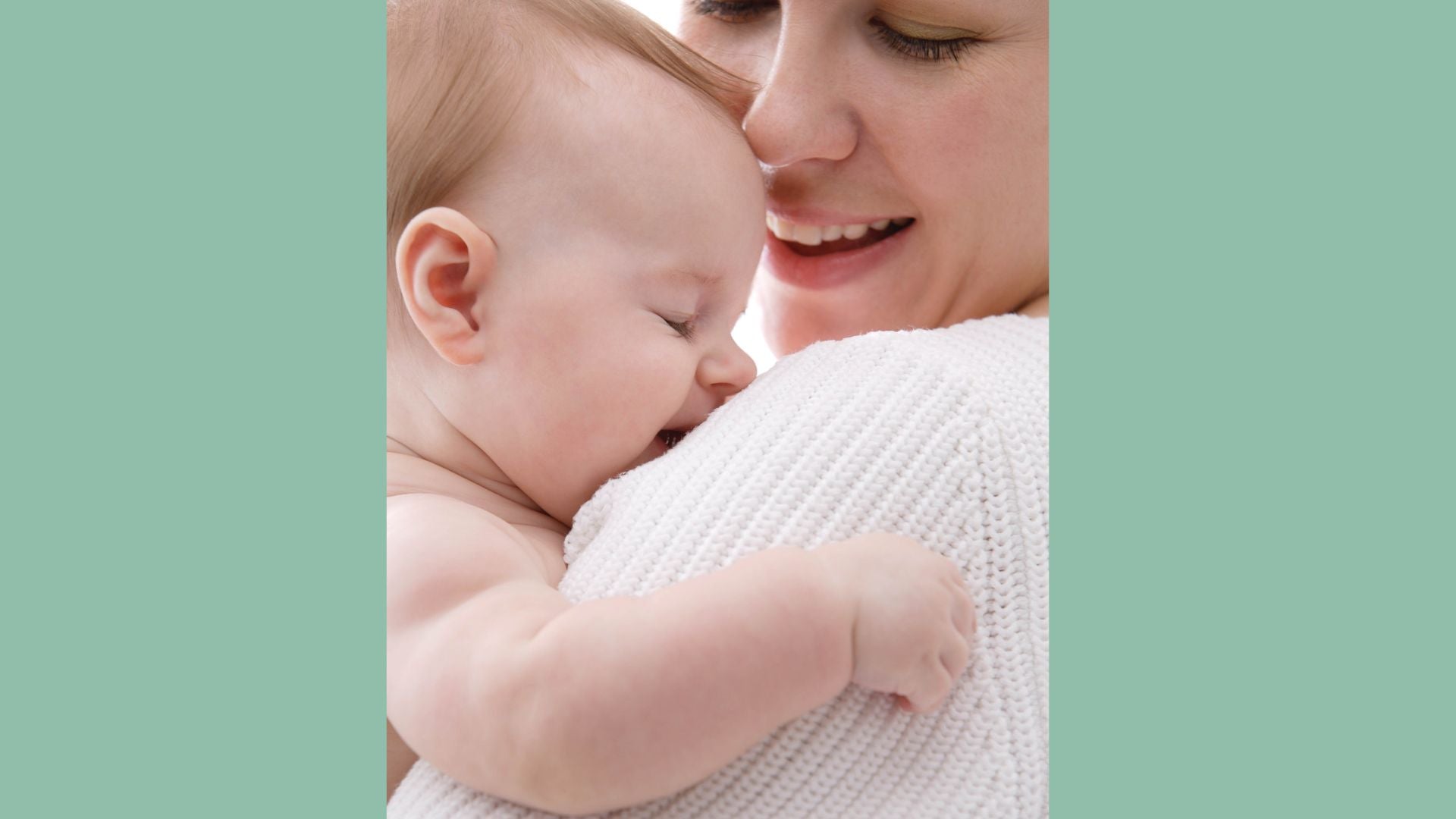Mother-Baby Bonding

Building a Lifelong Connection with Your Baby
Motherhood is a profound and beautiful experience. The bond you form with your baby not only affects your child's emotional development but also has lasting impacts on your relationship as they grow. For new mothers and expecting parents, understanding how to nurture this bond can be both a source of joy and a challenge. This blog post aims to guide you through the essentials of mother-baby bonding, offering practical tips, relevant insights, and heartwarming examples that cater directly to your needs.
The Importance of Mother-Baby Bonding
Building a strong bond with your baby is crucial for their emotional and psychological well-being. This connection fosters a sense of security, trust, and love, which are fundamental for healthy development. Studies show that babies who experience strong maternal bonds tend to have higher self-esteem, better stress management skills, and more positive relationships later in life.
What is Mother-Baby Bonding?
Mother-baby bonding refers to the emotional connection that develops between a mother and her newborn. This bond begins to form during pregnancy and continues to grow through everyday interactions such as feeding, cuddling, and responding to the baby's needs. It's a two-way process where both mother and baby contribute to the connection.
Why Bonding Matters
The bond you share with your baby can set the foundation for their future emotional and social development. A strong bond helps your baby feel loved and secure, which is essential for their mental health. It also enhances your own well-being by fostering feelings of fulfilment and happiness.
The Science Behind Bonding
The release of oxytocin, often referred to as the "love hormone," plays a significant role in mother-baby bonding. This hormone is released during childbirth and breastfeeding, promoting feelings of attachment and love. Additionally, oxytocin helps reduce stress levels in both mother and baby, making the bonding process a calming and joyful experience.
Practical Tips for Bonding
Mother-Baby Bonding from the Womb
During pregnancy, mothers are intrinsically connected to their unborn child via the umbilical cord. Herein lies a unsurpassable symbology of mother-baby bonding that has carried across cultures down throughout the ages. It is a very physical connection, yet mothers can begin to establish an enduring emotional connection with their unborn child through various external practices. Talking to the baby, playing soothing music, and gently caressing the belly are all ways to foster this early bond. These interactions promote the baby’s sensory development, as they can hear and respond to external sounds starting around the 25th week of gestation. Additionally, positive maternal emotions and interactions during pregnancy contribute to the baby’s emotional development and can influence their temperament post-birth. This foundational connection lays the groundwork for a healthy attachment, encouraging both physical and emotional growth as the baby prepares for life outside the womb.
Skin-to-Skin Contact
One of the most effective ways to bond with your baby is through skin-to-skin contact. Holding your baby against your bare chest helps regulate their body temperature, heart rate, and breathing. It also promotes the release of oxytocin, enhancing the bonding experience for both of you.
Breastfeeding
Breastfeeding is not only beneficial for your baby's nutrition but also for strengthening your bond. The close physical contact and eye contact during feeding sessions foster a deeper emotional connection. If breastfeeding is challenging, don't hesitate to seek support from lactation consultants or support groups.
Eye Contact and Facial Expressions
Making eye contact and using expressive facial expressions while interacting with your baby can significantly enhance your bond. Babies are naturally drawn to faces and will often mimic your expressions, creating a playful and engaging interaction that strengthens your connection.
Communicating with Your Baby
Responding to Cues
Babies communicate their needs through various cues such as crying, cooing, and body language. Paying close attention to these cues and responding promptly helps build trust and security. Over time, you'll become more attuned to your baby's signals, making it easier to meet their needs.
Talking and Singing
Talking and singing to your baby, even when they are newborns, can have a profound impact on your bond. The sound of your voice is soothing and familiar to them. Narrate your day, read stories, or sing lullabies to create a comforting and loving environment.
Gentle Touch and Massage
Gentle touch and baby massage are excellent ways to bond with your baby. Massaging your baby's hands, feet, and back can soothe them and promote relaxation. It's also a wonderful way for fathers to connect with their newborns, enhancing the overall family bond.
Creating a Routine
Establishing Consistent Routines
Consistency is key to building a strong bond with your baby. Establishing routines for feeding, sleeping, and playtime helps your baby feel secure and understand what to expect. This predictability fosters a sense of stability and trust between you and your baby.
Bedtime Rituals
Bedtime rituals are an excellent opportunity to bond with your baby. Activities such as reading a bedtime story, singing a lullaby, or having a quiet cuddle can create a soothing environment that helps your baby relax and feel loved.
Playtime and Exploration
Engaging in playtime activities with your baby encourages exploration and learning. Simple games like peek-a-boo, playing with soft toys, or tummy time can stimulate your baby's development while strengthening your bond.
Overcoming Challenges
Dealing with Postnatal/Postpartum Depression
Postpartum depression can affect your ability to bond with your baby. If you're struggling with feelings of sadness, anxiety, or detachment, it's essential to seek professional help. Support from family, friends, and healthcare providers can make a significant difference in your bonding experience.
Managing Fatigue and Stress
New motherhood can be exhausting, making it challenging to focus on bonding. Prioritize self-care by getting enough rest, eating well, and seeking support when needed. Taking care of yourself allows you to be more present and emotionally available for your baby.
Seeking Support
Don't hesitate to seek support from other parents, support groups, or professionals. Sharing your experiences and challenges with others can provide valuable insights and reassurance, enhancing your confidence in your parenting abilities.
The Role of Fathers and Partners
Involving Fathers in Bonding
Father-baby bonding is equally important and beneficial for the child's development. Encourage fathers to engage in activities such as feeding, diaper changes, and playtime to build their bond with the baby. Fathers can also participate in skin-to-skin contact and baby massage sessions.
Supporting Each Other
Parenting is a collaborative effort. Supporting each other through the ups and downs of parenthood strengthens your relationship and creates a loving environment for your baby. Open communication and shared responsibilities make the bonding process smoother and more enjoyable.
Creating a Loving Environment
A loving and supportive home environment is crucial for your baby's well-being. Show affection, communicate openly, and work together to create a nurturing space where your baby feels safe and loved.
The Long-Term Impact of Bonding
Emotional and Social Development
A strong mother-baby bond lays the foundation for your child's emotional and social development. Children who experience secure attachments are more likely to develop healthy relationships, manage stress effectively, and have higher self-esteem as they grow.
Cognitive Development
Research shows that strong maternal bonds can positively impact cognitive development. Engaging in activities such as reading, talking, and interactive play stimulates your baby's brain, promoting learning and intellectual growth.
Lifelong Connection
The bond you build with your baby during their early years sets the stage for a lifelong connection. The trust, love, and security you provide now will continue to shape your relationship as your child grows into adolescence and adulthood, as the bond between you and your child does not end when they are grown. The connection you build during their early years will carry on throughout their life. As adults, children who have strong bonds with their mothers often have more secure and fulfilling relationships with others. This bond also serves as a foundation for a child's self-esteem, resilience, and emotional well-being.
So keep nurturing that bond through the ups and downs of parenthood. Take the time to connect with your child, listen to them, show them love and affection, and be present in their lives. Even when things get tough or you make mistakes, know that your bond is resilient and can withstand challenges.
In the end, the most important thing is that you are there for your child – physically, emotionally, and mentally. And as you continue on this journey together, may your mother-baby bond continue to grow stronger every day.
Conclusion
Mother-baby bonding is a beautiful and essential aspect of parenting. By understanding its importance and implementing practical tips, you can nurture a strong and loving connection with your baby. Remember, every interaction, no matter how small, contributes to the bond you share. Cherish these moments and watch your relationship flourish.
For more personalized guidance on mother-baby bonding, consider consulting with a parenting expert or joining a support group. Your journey into motherhood is unique, and seeking support can enhance your experience, making it even more rewarding. So, take the time to invest in your relationship with your baby, and enjoy the journey of motherhood together.
Let this bond between you and your baby be a reminder that love knows no boundaries, and it is a powerful force that can shape lives for years to come. May your bond continue to grow stronger with each passing day, as you create a safe and loving space for your little one. Happy bonding!
~ jinki.com




